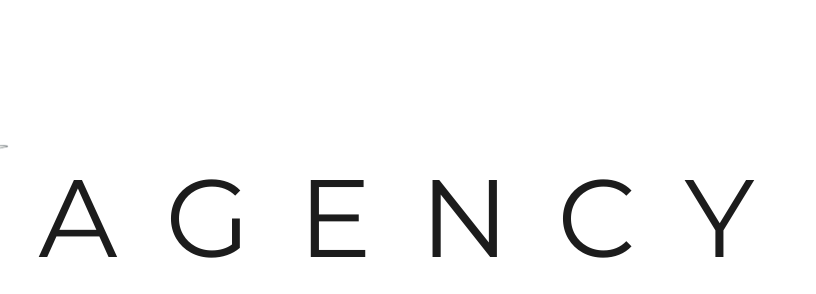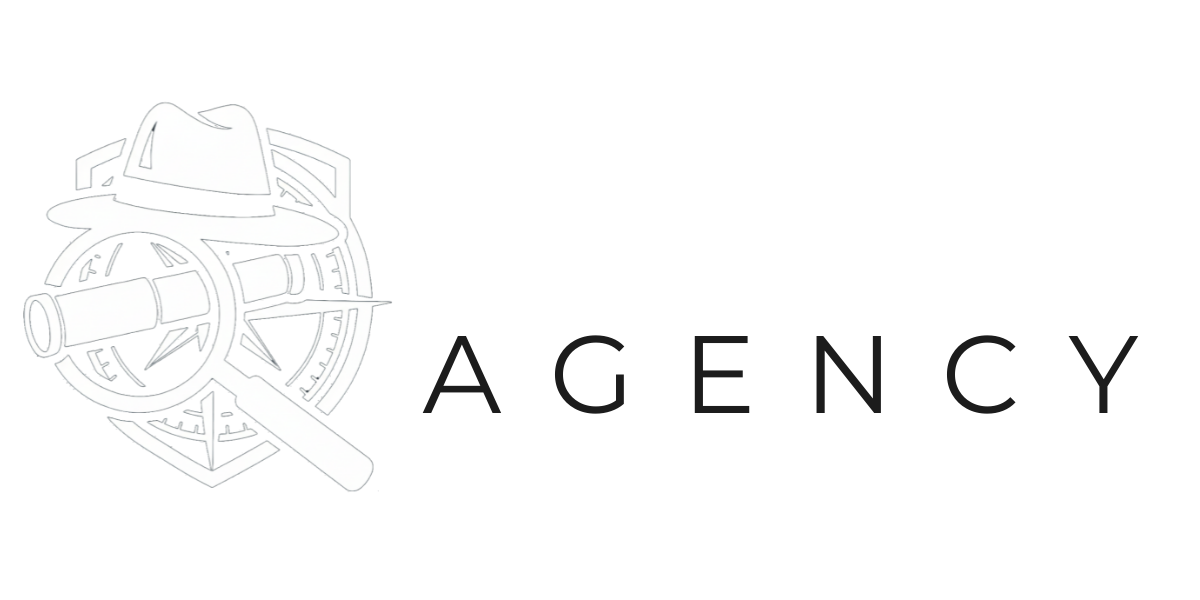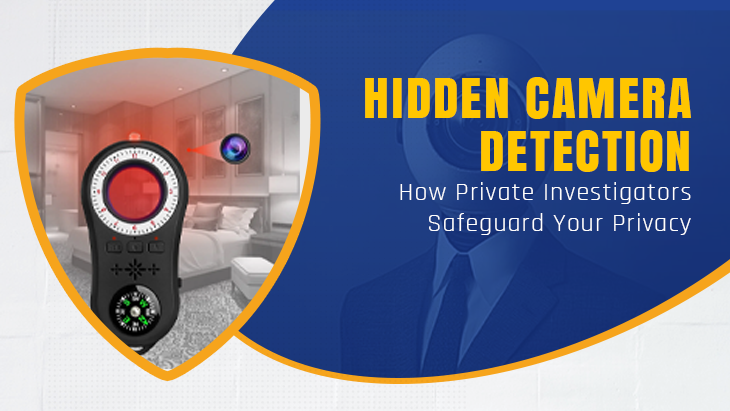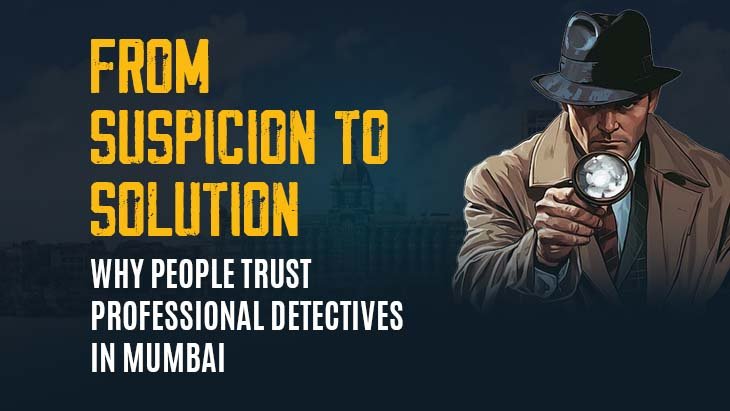Trusted Detective Agency in India – Why Professional Investigative Services Matter
If you’re searching for a trusted detective agency in India, you’re probably dealing with a decision that can’t wait—an unexplained leak at work, a vendor who doesn’t add up, a property dispute that’s turned murky, or a deeply personal matter...





